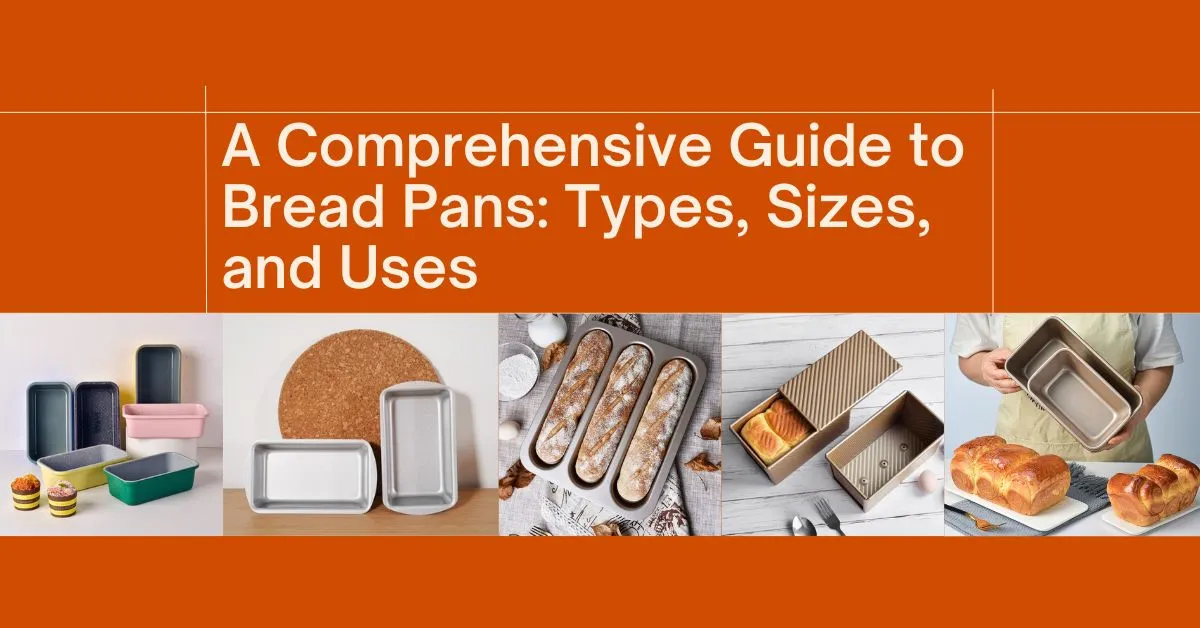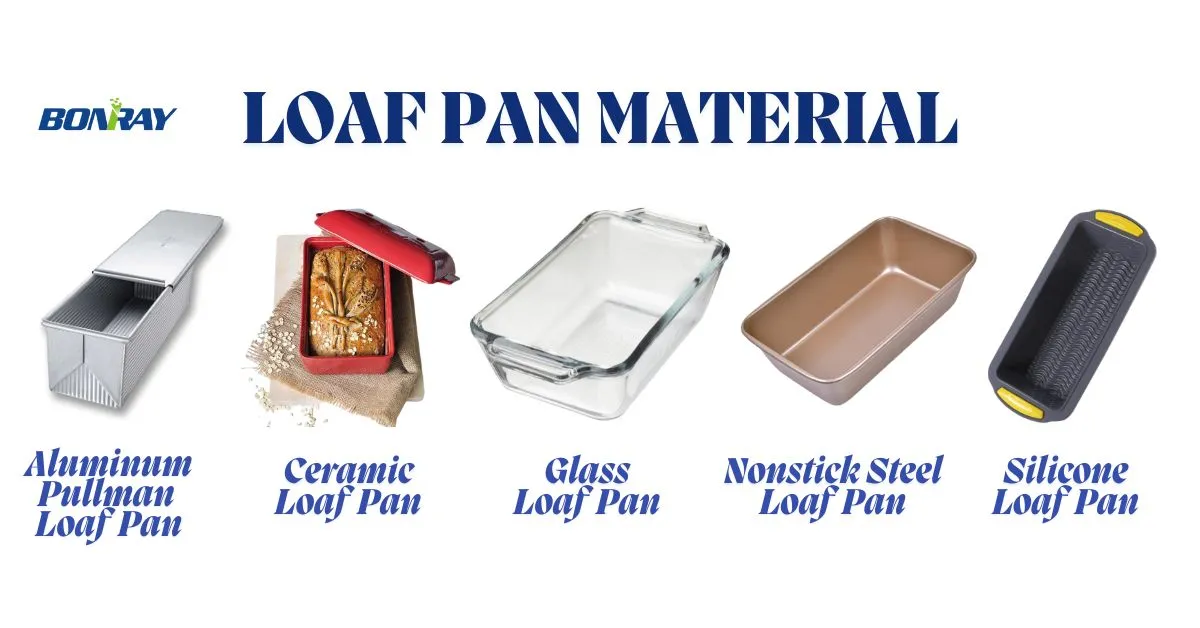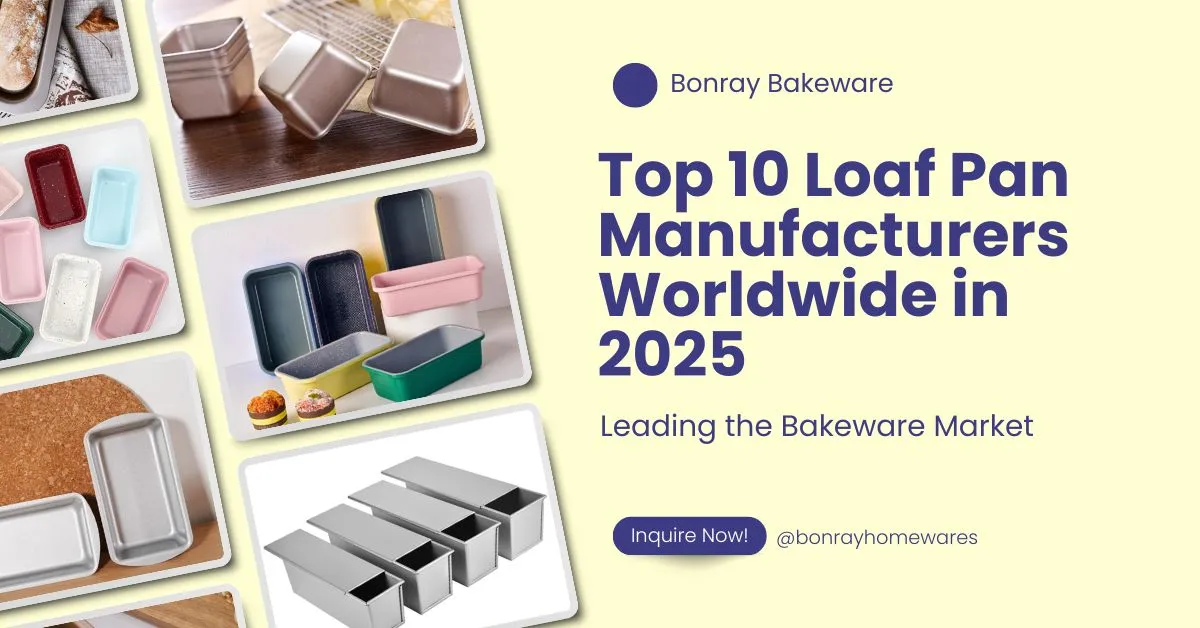Bakeware Wholesale: Tips for Negotiating Prices and Terms?
Do you ever wonder how top companies negotiate the most profitable bakeware deals? Do you want to learn how to negotiate, especially for bulk purchases? In this blog post, we will discuss some valuable tips for negotiating prices and terms in the bakeware wholesale industry.
As the owner of Bonray, a successful B2B factory specializing in metal bakeware, I understand the importance of negotiating prices and terms to benefit both parties involved.
Why is negotiation essential in bakeware wholesale?
In the competitive world of bakeware wholesale, understanding the art of negotiation is crucial for both buyers and suppliers. A good negotiation could end up in lower pricing, higher quality products, and stronger business relationships. In this section, we will discuss some essential negotiation tips and strategies.
How to prepare for an effective negotiation?
- Research: Investigate the supplier’s products, pricing, and production capabilities thoroughly. A deep understanding of the market and your competitors will give you an advantage during negotiations. Use resources like trade publications and B2B websites to gather the necessary information.
- Know your priorities: Before entering negotiations, determine your priorities. Are you more concerned about the product’s quality, price, or delivery time? Knowing your main concerns will help you to focus your negotiating efforts on what is the most important to your company.
- Set a budget: Establish a clear budget for your bakeware purchase. This can help you understand your budgetary limitations and negotiate more effectively.
- Develop a negotiation plan: Make a plan that describes your targets, desired results, and probably compromises. This will help you stay focused and organized during the negotiation process.
What are some effective negotiation strategies?
- Build rapport: Establishing a strong relationship with the supplier is crucial for a successful negotiation. Show genuine interest in their business and make an effort to understand their needs and concerns.
- Be flexible: Be willing to compromise on certain aspects of the deal. Flexibility can demonstrate that you are a reasonable and trustworthy partner, making the supplier more likely to give concessions on other points.
- Leverage volume discounts: If you plan to purchase a large quantity of bakeware products, negotiate for volume discounts. Suppliers are often willing to lower their prices for bulk orders.
- Ask for samples: Request samples of the supplier’s products to evaluate their quality before committing to a large order. This can help you avoid potential quality issues and give you leverage during price negotiations.
- Concentrate on long-term benefits: Highlight the opportunity of a long-term cooperation between your companies. If suppliers feel a long-term relationship would benefit them, they may be willing to offer better terms and rates.
- Use competition: If you have offers from multiple suppliers, use that to your advantage. Make it clear that you are considering other options, and suppliers may be more inclined to offer better prices and terms to secure your business.

How can you secure favorable payment terms?
- Establish trust: Building trust with the supplier is essential for securing favorable payment terms. Demonstrate your financial stability and reliability through transparent communication and timely payments.
- Offer a deposit: To show your commitment to the order, consider offering a deposit. This can give the supplier more confidence in your ability to pay and may lead to better payment terms.
- Negotiate for extended payment terms: Request longer payment terms, such as Net 30 or Net 45 days. This might help your cash flow by giving you extra time to sell your items before payment is due.
- Consider using a letter of credit: A letter of credit may provide a higher level of assurance for both parties, ensuring that the supplier gets paid after the terms of the agreement are fulfilled. This could help you in negotiating better terms for payment with your supplier.
What are some common pitfalls to avoid during a negotiation?
- Focusing solely on price: While price is important, don’t forget about other factors, such as product quality, delivery time, and customer service. A cheaper price does not always mean better value in the long term.
- Being too aggressive: Adopting an overly aggressive negotiation approach can damage your relationship with the supplier. Aim for a balanced approach that promotes mutual benefits.
- Not knowing when to walk away: If the supplier is not willing to meet your needs or offer reasonable terms, be prepared to walk away from the negotiation. There are many of possibilities on the market, and you should not accept a deal that does not correspond with your business objectives.
Conclusion
Negotiating prices and terms in the bakeware wholesale industry is a critical skill for businesses looking to secure the best deals. By conducting thorough research, understanding your priorities, and utilizing effective negotiation strategies, you can forge strong partnerships with suppliers and achieve favorable pricing and terms for your business. Remember that building trust and focusing on long-term benefits are key to successful negotiations, and be prepared to walk away from a deal if it doesn’t meet your needs.









